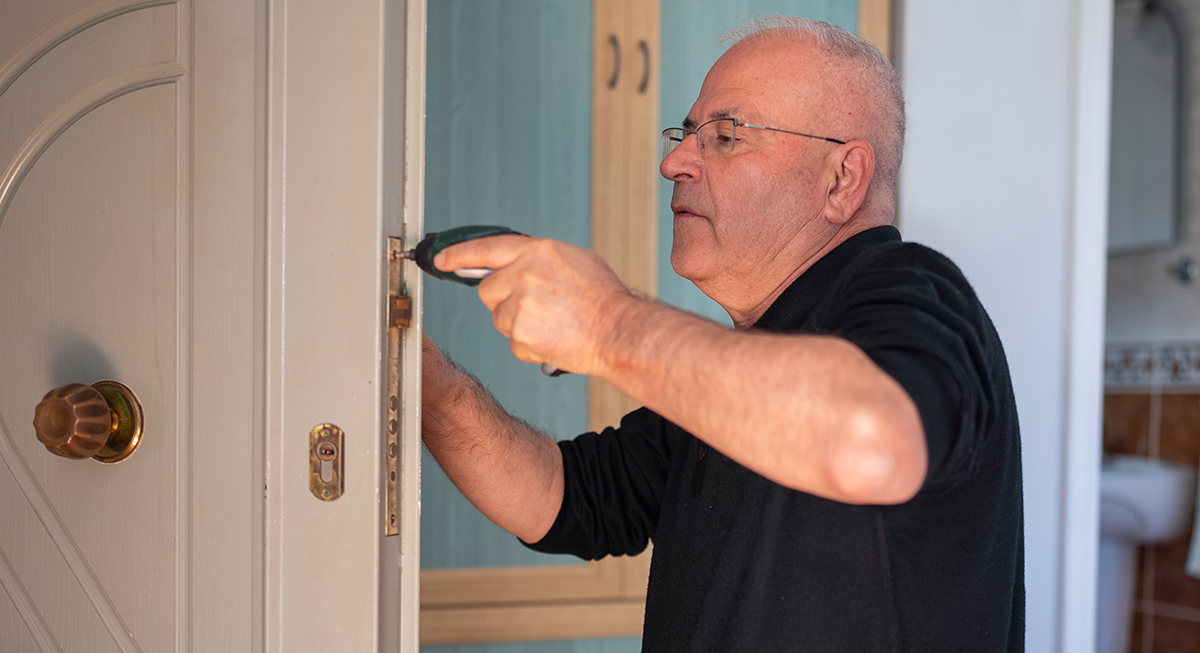Yesterday, an AP article discussed that "Women should factor longer life into retirement."
According to the article, women live an average of 22 years after retirement, while men only live 19 years after retirement, and given the increase in medical costs, women therefore need to save 2% more than men every year for 30 years to maintain their standard of living.
Doesn't sound too terrible, does it? But there's more.
On average, women start saving later than men (by 2-4 years), invest less (7.3% rather than 8.1%) and are often in and out of the workforce more than men due to family reasons.
Ladies, we need to step up!
One thing that surprised me was that 25% of women don't contribute enough to their employer's retirement plan to take advantage of the company match. It's free money! Of course, I do realize that many people are living at their means and really can't afford to contribute more to their retirement accounts. But if you can, you absolutely should. If you make a few small sacrifices now, you will be rewarded for it in the future.
I was frustrated by one of the tips in a sidebar to this article. "Start investing two years earlier and increase your nest egg by 18%. Four years earlier boosts it by 23%." I suppose this might spur into action people who haven't started saving for retirement yet. But I wonder how many people who could start contributing to their retirement accounts today are thinking about retirement enough to have actually read this article.
One very scary point to the article: one expert recommends that workers will need to replace 126% of their salary after retirement to maintain their lifestyle due to inflation and rising medical costs. I wonder if that number factors in the expenses one does not have when not working (such as the contributions to retirement, for example). Either way, that's a big number.
I don't know when I'm planning to retire. If I stay with the government, I'll be eligible to retire in 30 years at age 57. That's 10 years before what the Social Security Administration calls full retirement age for someone born after 1959. That assumes fairly steady work, as I'd have to put in a full 30 years with the government first. While retiring at 57 seems appealing, it also seems a little scary. Given my family history, I hope to live at least another 30 years after that, maybe even longer. So I think the odds are good that I'll be working past age 57, especially if I find myself in a job that I love.
Maybe I should be saving more money. With my Roth IRA and my TSP (government retirement plan), I'm putting away between 12% and 13% of my salary every year, plus a 5% match. Of course, both accounts have lost money over the past year, but I'm choosing to not think about that. I'm definitely not putting the limit into my TSP though. Depending what happens over the next few years with my job and my living situation, maybe I'll think about bumping up my contributions. A few dollars here and there could make a world of difference in 30 years.
Abundant Life Spending Spree - $102,400
These purchases are getting more and more random. But that's the fun part, right? For today's purchase, I would buy a Weebee and some really beautiful land to put it on.









